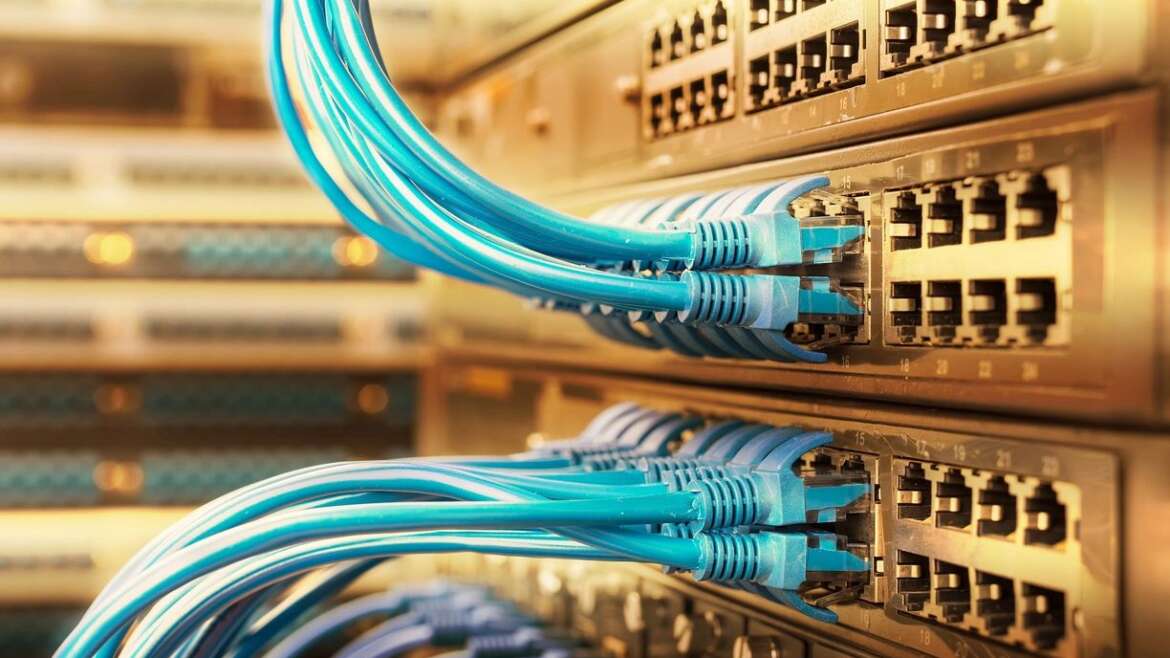
As it stands currently, the Internet is a utility available for purchase from various private providers including AT&T, Verizon, and Comcast. A growing movement to make Internet access a public utility is taking shape, though. Below, we discuss this movement and utility law.
The Net Neutrality Debate
The idea of “net neutrality,” the term for Internet service providers (ISPs) treating all Internet traffic equally, has existed since the early 2000s. The argument over net neutrality was already hot when the Federal Communications Commission (FCC) started looking into reworking its regulations. If Internet access remains under the same classification in the regulations, the FCC remains limited in its regulation of it. If the FCC reclassifies the Internet as a common carrier under the federal utility law Telecommunications Act, then equal access and more oversight is in store.
The ISPs were displeased, arguing the change would disrupt innovation and let the FCC set rates. Many of the Silicon Valley tech companies and others like “Google, Amazon, Microsoft, Netflix, and Facebook” are in favor of net neutrality. To them, the change would stop bigger companies from paying more money to stream content faster (“fast lanes”), as well as prevent the Internet providers from blocking content.
The Legal Fight over FCC Rules
In 2015, the FCC did reclassify the Internet to fall under Title II of the Telecommunications Act, thereby bringing Internet access under the jurisdiction of this utility law. However, the FCC planned to repeal these rules after political turnover, and voted to do so in December of 2014. Regulations are more easily repealed and replaced than a utility law would be.
The FCC chairman cited stopping the lack of competition that the net neutrality rules created and spurring more innovation as reasons for the repeal. This began a legal battle, and the case eventually went before the U.S. Court of Appeals for the D.C. Circuit. Before this court, the repeal was mostly upheld. Importantly, however, the court rejected the FCC’s Preemption Directive, which attempted to stop the states from enacting their own net neutrality laws. A petition to have the court rehear the case en banc was denied.
The Internet as a Public Utility
State and local governments started creating their own laws and/or signing executive orders surrounding net neutrality even before the legal fight concluded. Rhode Island was among them. After the court decision stating that the FCC could not preempt state laws, others have legislated on this issue.
Now, the net neutrality debate has spilled over into whether the Internet should become a public utility. Cities and towns have built their own networks, many publicly owned. Municipalities are also encouraging more of them. Democratic presidential candidates are highlighting Internet access as part of the utility law landscape. Bernie Sanders is advocating for treating the Internet as the new electricity, Joe Biden has spoken about more access in rural parts of the country, and a host of the other candidates have plans regarding Internet access as well. Some, including Forbes, noted that digital infrastructure is insufficient. Questions related to the ISPs’ recent relaxing of restrictions are also being asked. This means the debate is likely far from over and could be affected by future political turnover.
Whether the momentum pushes us to treat the Internet as a public utility requires a “wait and see” approach. If you have questions on how net neutrality and Internet access are treated currently at the state level, contact us today to discuss. Our attorneys are available by email or phone at 401.477.0023.
